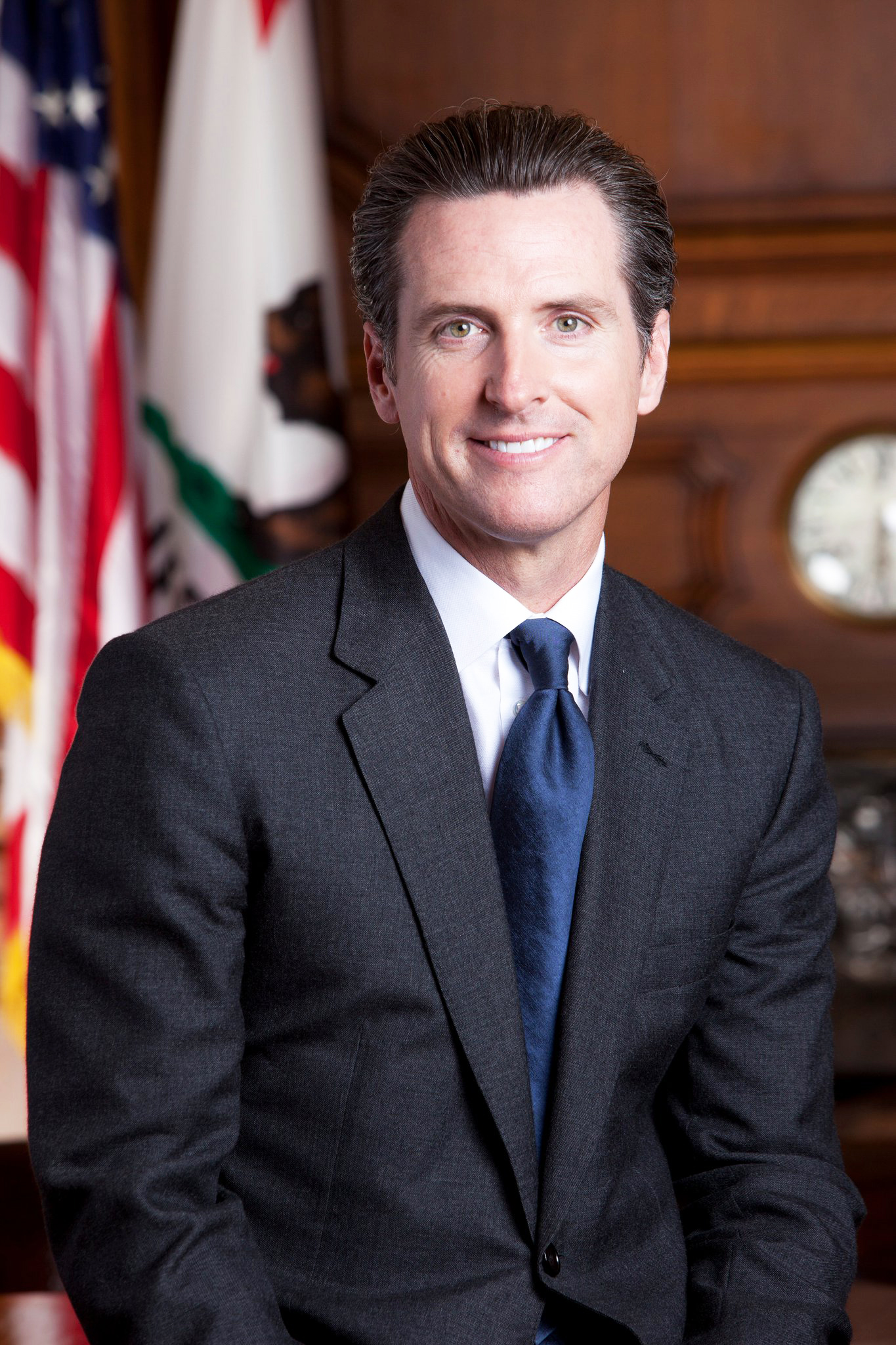
Wikimedia
When natural disasters hit, undocumented immigrants are particularly vulnerable. On Monday afternoon, concerned members of the Yale community gathered in Sage Hall to discuss policy changes that could shield undocumented immigrants from the dangers of Mother Nature.
Organized by Michael Mendez, a professor at the School of Forestry & Environmental Studies, the workshop aimed to illustrate the unique challenges undocumented immigrants face in responding to natural disasters. Through his research, Mendez identified four key areas where he believes that environmental policy has been unjust and inequitable to undocumented immigrants: transportation and housing, immigration status and disaster aid, language access and workers’ health and safety. Mendez’s research has recently drawn the attention of Gov. Gavin Newsom of California, where wildfires are prevalent.
“This workshop is one of the first times that the Yale forestry school has explicitly looked at undocumented immigrants as it relates to environmental risk,” Mendez said. “This is a historic thing to happen at the nation’s premiere institution.”
Mendez’s ideas were supported by two organizers involved in environmental policy: Lucas Zucker — the policy director of the Central Coast Alliance United for a Sustainable Economy — and Genevieve Flores-Haro — the associate director of the Mixteco/Indígena Community Organizing Project. These organizations supported undocumented immigrants and migrant workers during the devastating Thomas fire — which occurred two years ago in the Ventura and Santa Barbara counties of California.
In the state of California, one-third of the residents speak Spanish at home and another significant portion speak only indigenous languages, according to Zucker.
Undocumented immigrants are at a higher risk during emergencies because they often do not have access to critical government information, which is usually distributed solely in English. Undocumented immigrants also suffer disproportionately after natural disasters because they are ineligible for emergency food stamps. Disasters reduce regional housing stock, and in turn, many undocumented immigrants who are renters face rising rents and possible displacement by new, higher-income renters. Additionally, many undocumented immigrants work in agriculture, for which they are paid by the hour, and choose to work in fields despite the air being polluted with smoke from wildfires so that they can remain afloat financially.
These problems, according to Mendez, are largely underrepresented in traditional reports and research because undocumented immigrants are not typically counted in government-sanctioned censuses.
Speakers at the event emphasized the disparity between the treatment towards undocumented immigrants and those from higher income backgrounds and gave an example of an affluent family evacuating their home twice — but leaving behind their domestic workers.
“When you thought of this wildfire, you thought of mega mansions, you thought of Oprah, Ellen Degeneres, but you don’t think of the migrant and domestic workers that work in this area that live adjacent to this area,” said Mendez.
Although organizations like CAUSE and MICOP have provided a temporary solution to some of these problems, Mendez insisted that there needs to be policy change to provide a more effective, permanent resolution.
According to assembly member of the 56th district of California Eduardo Garcia — who attended Monday’s meeting — Newsom reached out to Mendez asking for feedback. Newsom sought advice on how to invest millions to help solve the problems of those who are disproportionately affected by wildfires, through systemic policy change or otherwise.
“Because it is Yale, we were able to garner the attention of the governor of California,” Mendez said.
In an interview with the News, two School of Forestry & Environmental Studies graduate students, Jeffery Wong FES ’20 and Alejandra Hernandez FES ’20 said that though the majority of this research has been conducted in California, they were particularly interested in the workshop because of its emphasis on equity and environmental justice — as these issues are often overlooked when designing long-term planning against climate change.
Gov. Gavin Newsom was inaugurated on Jan. 9.
Ashley Anthony | ashley.anthony@yale.edu







